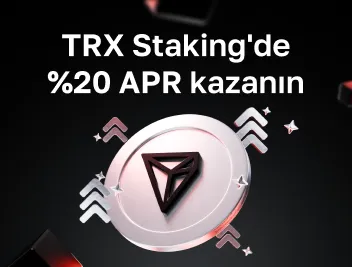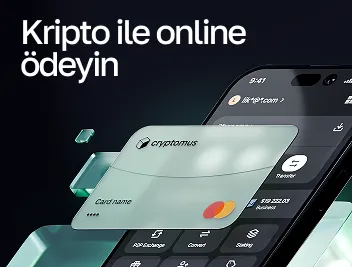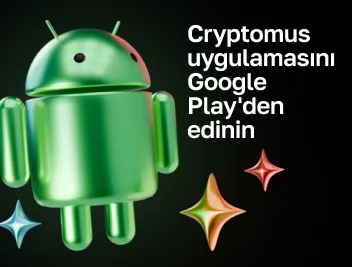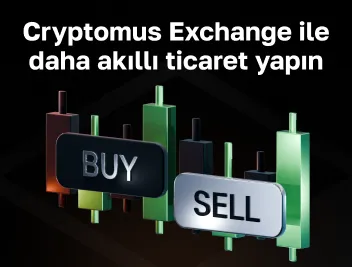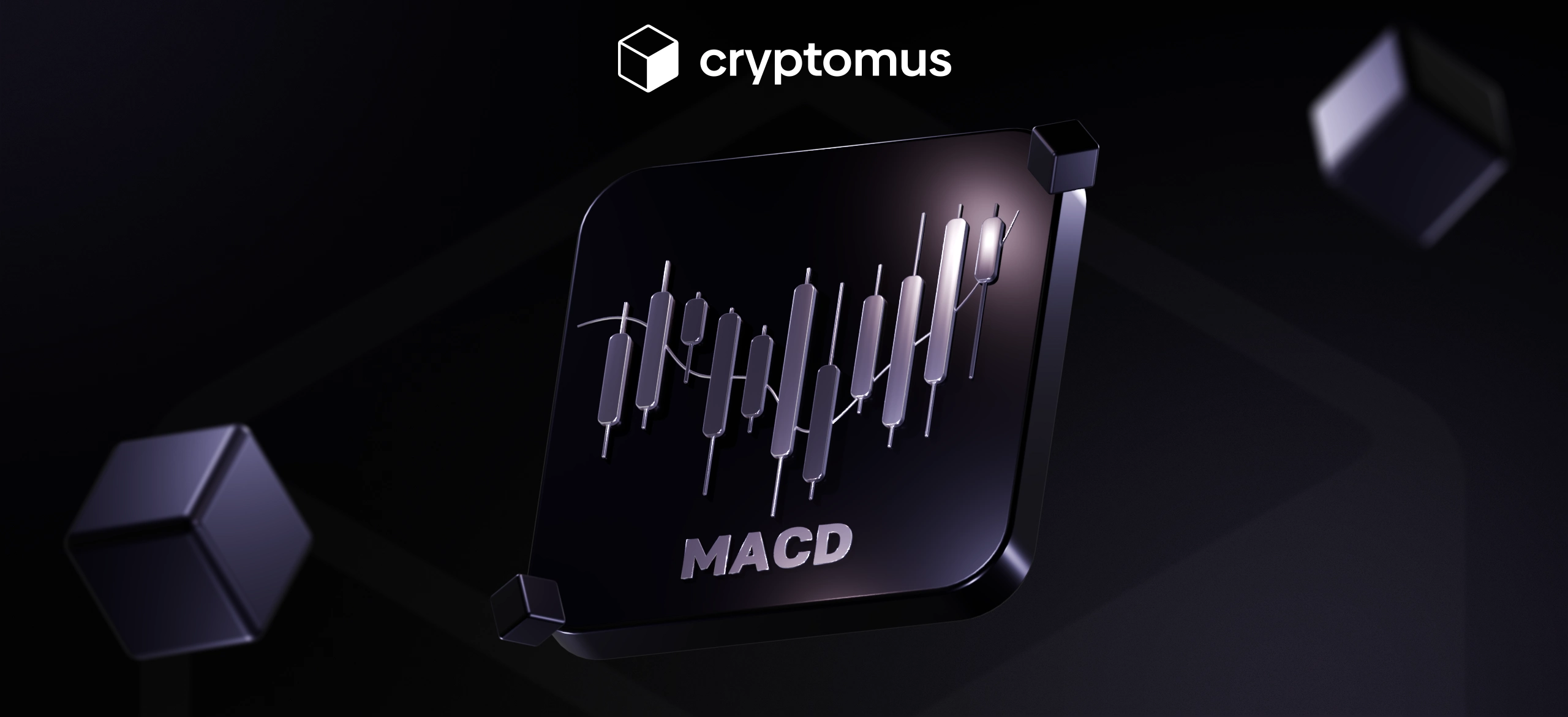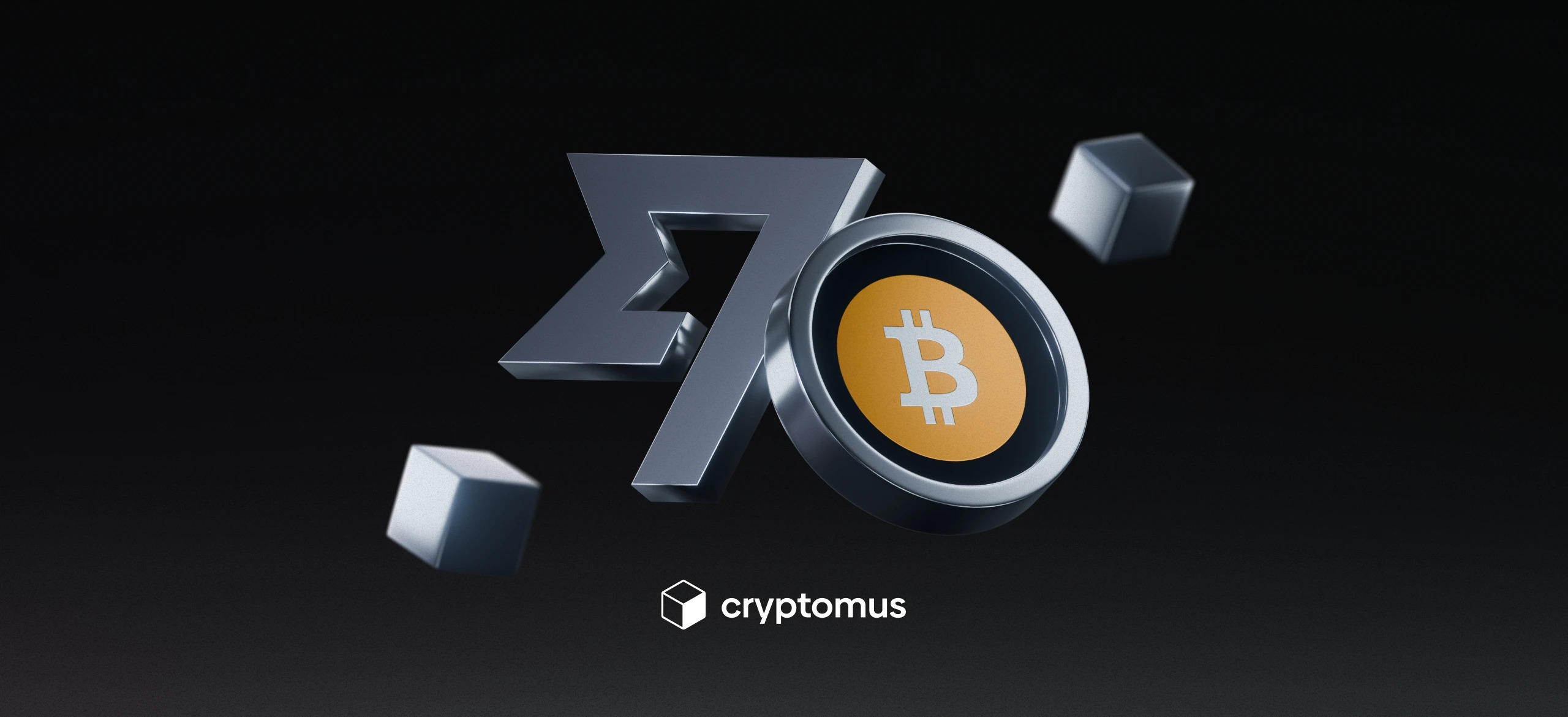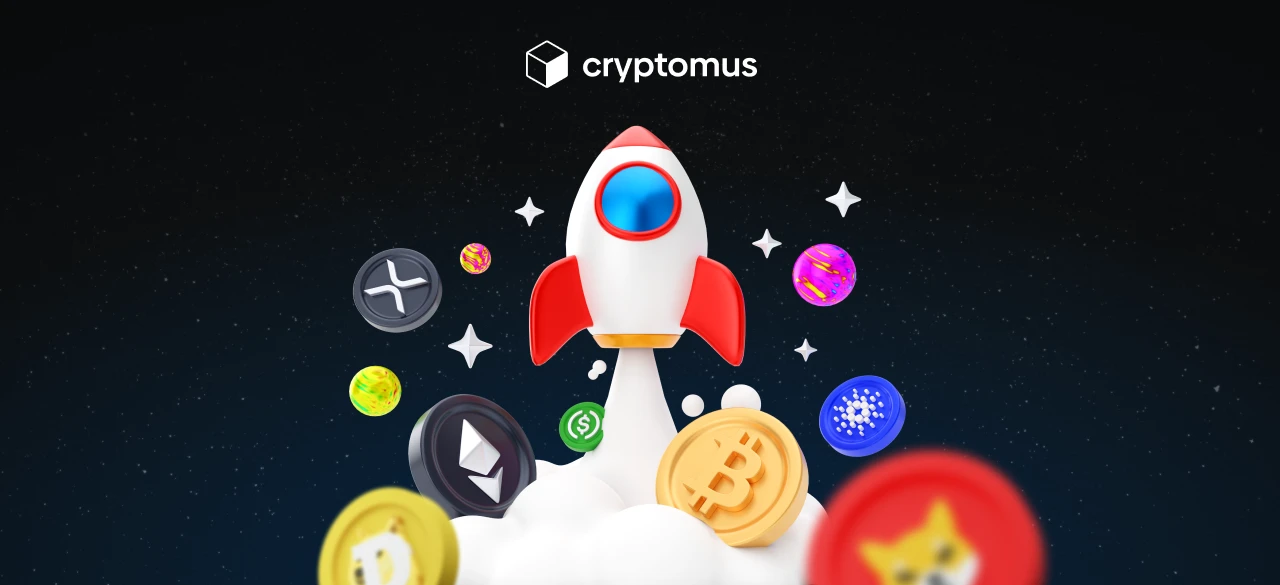
Kripto Para Biriminde Token Nedir?
İçindekiler
Kripto dünyası, özellikle deneyimli tacirlerin staking, blok zincirleri gibi kelimeleri kullanması ve bunların ne anlama geldiğini bilmemek gibi durumlarda, tanımak oldukça zor görünüyor. Bugün, kripto token kavramını sizin için daha net hale getirmeye çalışacağız; ne olduğunu, nasıl çalıştığını açıklayacak ve size bazı örnekler sunacağız. Başlayalım!
Token Tanımı
Kripto para bağlamında, bir token, blok zinciri üzerinde oluşturulan ve yönetilen bir tür dijital varlık veya değer birimidir. Tokenlar genellikle bir değişim aracı olarak veya belirli bir ekosistem içinde varlıkları, hakları veya belirli hizmetlere veya özelliklere erişimi temsil etmek için kullanılır.
Tokenlar, İlk Coin Teklifleri (ICO'lar) veya token satışları yoluyla oluşturulabilir ve genellikle Ethereum gibi mevcut blok zincirlerinin ( ERC-20 standardı) veya Binance Smart Chain'in üzerine inşa edilir. Bu tokenlar, öncelikle merkeziyetsiz para birimleri olarak işlev görmek üzere tasarlanmış Bitcoin veya Ethereum gibi kripto paralarla farklılık gösterir.
Tokenlar Nasıl Çalışır?
Tokenlar genellikle bir blok zincirinin üzerine inşa edilir. Çoğu token, Ethereum (ERC-20), Binance Smart Chain (BEP-20), Solana veya Tron (TRC-20) gibi platformlarda oluşturulur; bu platformlar tokenların oluşturulması ve yönetilmesi için altyapı ve araçlara sahiptir.
Tokenlar, önceden tanımlanmış kurallara sahip kendi kendini yürüten sözleşmeler olan akıllı sözleşmeler aracılığıyla oluşturulur ve yönetilir. Örneğin, Ethereum üzerindeki bir ERC-20 tokenı, tokenın toplam arzı, nasıl transfer edilebileceği ve davranış kuralları gibi özelliklerini tanımlayan Ethereum tabanlı bir akıllı sözleşme tarafından yönetilir.
Tokenlar genellikle blok zinciri ağı üzerindeki kullanıcılar arasında transfer edilir. Ardından işlem blok zincirine kaydedilir, bu da şeffaflık ve güvenlik sağlar. Tokenlar, merkeziyetsiz bir şekilde kullanıcılar arasında transfer edilir, genellikle token standardını destekleyen cüzdanlar kullanılarak (örneğin, Ethereum tabanlı tokenlar için MetaMask). Ayrıca, blok zinciri ağları genellikle kullanıcıların bir gaz ücreti veya işlem ücreti ödemesini gerektirir. Bu ücret, ağı üzerindeki işlemi onaylayan madencilere veya doğrulayıcılara tazminat olarak verilir.
Bir tokena sahip olduğunuzda, genellikle bir kripto para cüzdanında saklanır ( sıcak cüzdan veya soğuk cüzdan). Cüzdanınız, token işlemlerini onaylamak için gerekli olan özel anahtar içerir.
Güvenlik ve düzenleme konularına gelince, özellikle güvenlik ve yönetişim tokenları durumunda token piyasası, düzenleyiciler tarafından artan bir incelemeye tabi tutulmaktadır. Birçok yargı alanı, tokenleştirilmiş varlıklarda uyum, yatırımcı koruması ve şeffaflık konularını ele almak için çerçeveler geliştirmektedir. Tokenların dolandırıcılık veya kötü yönetim gibi sorunları önlemek için yasal sınırlar içinde tasarlanmış ve kullanıldığından emin olmak önemlidir.
Token Türleri ve Kullanım Alanları
Tokenlar, her biri farklı işlevlere ve kullanım alanlarına sahip çeşitli türlere kategorize edilebilir. Daha yakından bakalım:
-
Kullanım Tokenları: Bu tokenlar, sahiplerine belirli bir ekosistem içinde bir ürün veya hizmete erişim sağlar. Örneğin, merkeziyetsiz uygulamalardaki (dApps) tokenlar, hizmetleri ödemek, özelliklere erişmek veya yönetişime katılmak için kullanılabilir. Genellikle Ethereum ve Binance Smart Chain gibi platformlarda kullanılırlar.
-
Güvenlik Tokenları: Bu tokenlar, hisse senetleri, emlak veya tahviller gibi altında yatan bir varlığın sahipliğini temsil eder. Düzenlenmiştir ve genellikle geleneksel varlıkları tokenleştirmek için yatırım platformlarında kullanılırlar. Güvenlik tokenları, daha önce likit olmayan varlıkların kısmi sahipliğini ve ticaretini mümkün kılar.
-
Yönetişim Tokenları: Bu tokenlar, sahiplerine merkeziyetsiz bir ağ veya proje içinde oy hakkı verir. Genellikle topluluk odaklı kararlar almayı sağlamak için merkeziyetsiz otonom organizasyonlarda (DAO'lar) kullanılırlar. Bir örnek, Uniswap veya Compound gibi platformlarda kullanılan yönetişim tokenlarıdır.
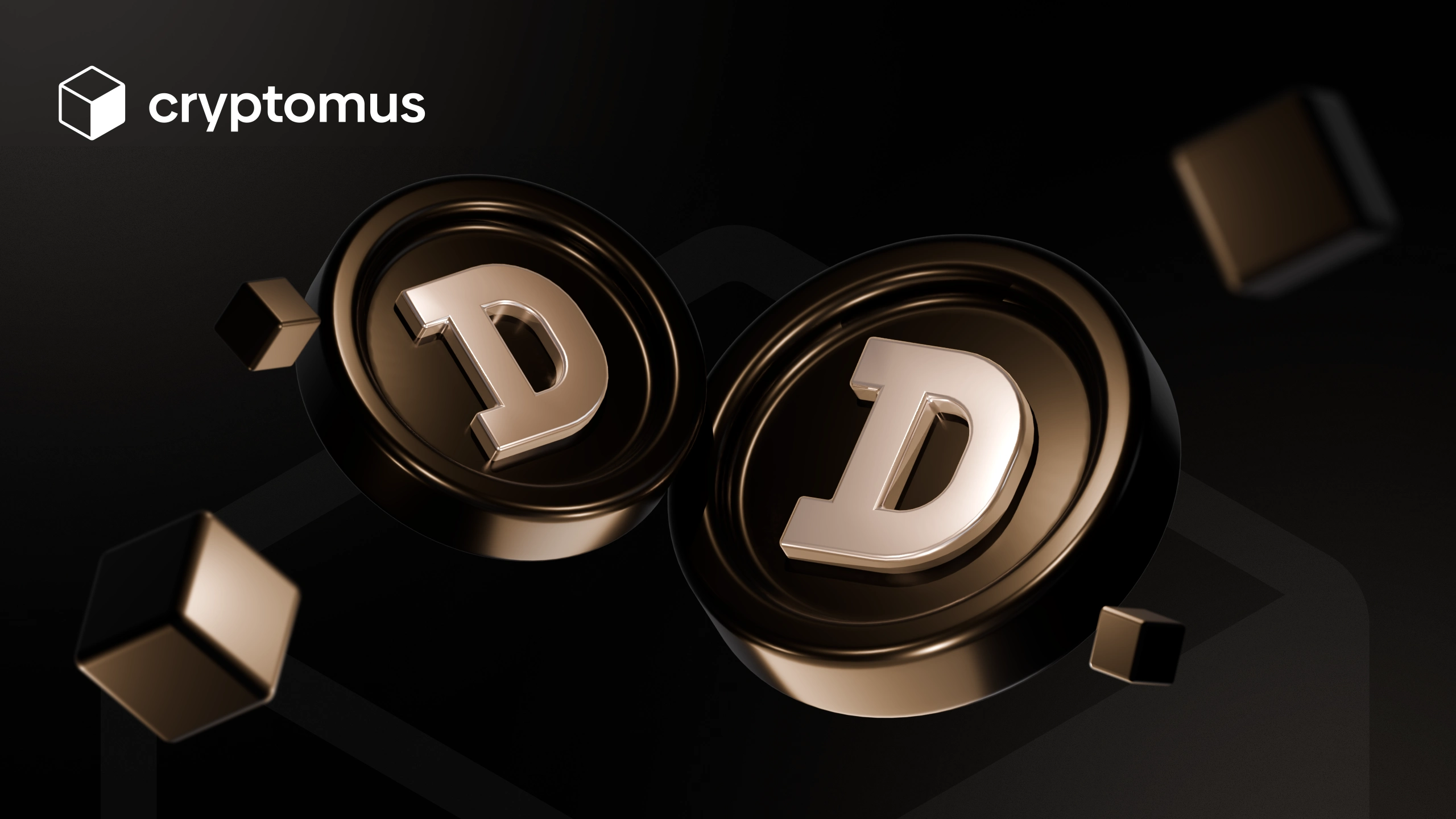
-
Stablecoinler: Bu tokenlar, ABD doları veya euro gibi stabil bir varlığa bağlıdır. Genellikle değer saklama aracı, dalgalı piyasalarda değişim aracı veya etkili bir ödeme seçeneği olarak kullanılırlar.
-
Non-Fungible Tokenlar (NFT'ler): Bu tokenlar, sanat, müzik veya oyun içi öğeler gibi benzersiz dijital varlıkları temsil eder. NFT'ler, dijital içeriğin sahipliğini kanıtlamanın bir yolu olarak popülerlik kazanmıştır ve genellikle oyun, koleksiyon ve sanat pazarlarında kullanılır.
Her token türü, işlevselliğine bağlı olarak farklı faydalar sunarak ekosisteminde belirli bir rol oynar. Örneğin, kullanım tokenları platformlar içinde erişim sağlamak için kullanılırken, güvenlik tokenları sahiplik ve yatırım fırsatları sunar; NFT'ler ise dijital ve yaratıcı varlıkların sahipliğini mümkün kılar.
Popüler Token Örnekleri
İşte bugün kripto para dünyasındaki en popüler tokenlar ve her biri hakkında kısa bir açıklama:
- Tether (USDT)
- Chainlink (LINK)
- USD Coin (USDC)
- Uniswap (UNI)
- Binance Coin (BNB)
- Aave (AAVE)
- Shiba Inu (SHIB)
- Dai (DAI)
1. Tether (USDT)
- Tür: Stablecoin
- Blok Zinciri: Çoklu (Ethereum, Tron, Binance Smart Chain, vb.)
- Genel Bakış: Tether (USDT), her USDT tokenının 1 $ değerinde olmasını sağlayan ABD doları ile bağlantılı bir stablecoindir. Tether, kripto dünyasında ticaret aracı olarak ve popüler bir ödeme seçeneği olarak yaygın şekilde kullanılır. Geleneksel fiat para birimlerine güvenilir ve likit bir alternatif olarak hizmet eder, genellikle fon transferi veya DeFi platformlarında teminat olarak kullanılır.
- Ana Kullanım Alanları: Stabil ticaret çiftleri, ödeme yapma ve alma, volatiliteye karşı koruma, merkeziyetsiz finanslarda (DeFi) likidite.
2. Chainlink (LINK)
- Tür: Kullanım Tokenı
- Blok Zinciri: Ethereum (ERC-20)
- Genel Bakış: Chainlink, akıllı sözleşmelerin güvenli bir şekilde harici veri kaynaklarına, API'lara ve ödeme sistemlerine bağlanmasını sağlayan merkeziyetsiz bir oracle ağdır. LINK tokenları, Chainlink’in merkeziyetsiz oracle ağı tarafından sağlanan veri hizmetleri için ödeme yapmak amacıyla kullanılır. Bu, DeFi ve gerçek dünya verisi gerektiren diğer blockchain uygulamaları için kritik öneme sahiptir.
- Ana Kullanım Alanları: Oracle hizmetleri için ödeme, akıllı sözleşmelerin gerçek dünya verilerine erişimini sağlama.
3. USD Coin (USDC)
- Tür: Stablecoin
- Blok Zinciri: Ethereum (ERC-20), Solana, Algorand ve diğerleri
- Genel Bakış: USD Coin (USDC), Circle ve Coinbase tarafından geliştirilen, tam olarak desteklenen ve ABD doları ile bağlantılı bir stablecoindir. USDC, genellikle kripto ekosisteminde ticaret, transfer ve kredi verme için dolar eşdeğeri bir token olarak kullanılır. 1:1 oranında rezervde tutulan ABD doları ile desteklenir ve Tether (USDT) gibi diğer stablecoinlere şeffaf, düzenlenmiş bir alternatif sunar.
- Ana Kullanım Alanları: Stabil ticaret, sınır ötesi ödemeler, DeFi protokollerinde teminat.
4. Uniswap (UNI)
- Tür: Yönetişim Tokenı
- Blok Zinciri: Ethereum (ERC-20)
- Genel Bakış: Uniswap, Ethereum blok zincirinde faaliyet gösteren en büyük merkeziyetsiz borsalardan (DEX) biridir. UNI, Uniswap protokolünün yönetişim tokenıdır ve sahiplerine protokol güncellemeleri, ücret değişiklikleri ve diğer önemli kararlar üzerinde oy kullanma imkanı tanır. Token ayrıca, platform üzerindeki merkeziyetsiz havuzlara token sağlayan likidite sağlayıcılarını teşvik etmek için kullanılır.
- Ana Kullanım Alanları: Yönetişim, likidite sağlayıcıları için staking, protokol oylamaları.
5. Binance Coin (BNB)
- Tür: Kullanım Tokenı
- Blok Zinciri: Binance Smart Chain (BSC), Ethereum (ERC-20)
- Genel Bakış: Binance Coin (BNB), dünyanın en büyük kripto borsalarından biri olan Binance borsasının yerel tokenıdır. Başlangıçta BNB, bir ERC-20 tokenıydı, ancak daha sonra Binance Smart Chain’e (BSC) taşındı. BNB, Binance Exchange üzerinde işlem ücretlerini ödemek, Binance’in merkeziyetsiz borsasında (DEX) ve genel olarak Binance ekosisteminde kullanılır. Ayrıca, Binance Smart Chain üzerinde staking, yönetişim ve diğer hizmetler için de kullanılır.
- Ana Kullanım Alanları: İşlem ücreti indirimleri, staking, yönetişim ve Binance ekosistemine katılım.
6. Aave (AAVE)
- Tür: Yönetişim Tokenı
- Blok Zinciri: Ethereum (ERC-20)
- Genel Bakış: Aave, kullanıcıların kripto varlıklarını faiz karşılığında ödünç verebileceği veya teminat karşılığında kripto borç alabileceği merkeziyetsiz bir borç verme ve borç alma platformudur. AAVE, Aave protokolünün yönetişim tokenıdır ve sahiplerine platformun gelecekteki yönüyle ilgili öneriler üzerinde oy kullanma imkanı tanır. Ayrıca, platformun merkeziyetsiz kalmasını sağlayan protokolün likidite havuzlarına katılmak için de kullanılır.
- Ana Kullanım Alanları: Yönetişim, likidite sağlama, staking.
7. Shiba Inu (SHIB)
- Tür: Meme Tokenı
- Blok Zinciri: Ethereum (ERC-20)
- Genel Bakış: Shiba Inu (SHIB), 2021 yılında topluluk odaklı doğası ve sosyal medyadaki büyük varlığı nedeniyle önemli bir popülerlik kazanan meme tabanlı bir kripto para birimidir. Sıkça Dogecoin ile karşılaştırılan Shiba Inu, herhangi bir içsel kullanım alanı olmaksızın eğlenceli ve spekülatif bir varlık olarak kullanılır. Ancak, ekosistemi, kullanıcıların token stake edip ödüller kazanmasını sağlayan ShibaSwap gibi özellikleri içerecek şekilde büyümüştür.
- Ana Kullanım Alanları: Spekülasyon, topluluk odaklı projeler, ShibaSwap üzerinde staking.
8. Dai (DAI)
- Tür: Stablecoin
- Blok Zinciri: Ethereum (ERC-20)
- Genel Bakış: Dai, Ethereum blok zincirinde merkeziyetsiz, algoritmik bir stablecoindir. Fiat varlıklarla desteklenen diğer stablecoinlerin aksine, Dai, başta Ether (ETH) olmak üzere diğer kripto paralarla teminatlandırılmıştır. Dai, MakerDAO tarafından yönetilen merkeziyetsiz otonom bir organizasyon (DAO) tarafından yönetilir ve sahipleri protokoldeki değişiklikler üzerinde oy kullanır. Dai, dinamik teminat sistemi sayesinde 1:1 oranında ABD doları ile bağlantısını korur.
- Ana Kullanım Alanları: Stabil işlemler, DeFi protokollerinde teminat, merkeziyetsiz finans (DeFi) faaliyetleri.
Bu tokenlar, stablecoinlerden DeFi protokollerine, yönetişim ve kullanım tokenlarına kadar kripto ekosisteminde farklı işlevleri temsil eder. Tokenların, merkeziyetsiz uygulamaları, finansal hizmetleri ve birden fazla blok zinciri genelinde geliştirilmiş likiditeyi mümkün kılmadaki çok yönlülüğünü vurgular.
Makale okumaktan keyif aldınız mı? Kripto para birimlerinde token kavramı şimdi sizin için daha net mi? Yorumlarda düşüncelerinizi yazın!
Kripto Yolculuğunuzu Basitleştirin
Kripto para birimlerini depolamak, göndermek, kabul etmek, stake etmek veya takas etmek mi istiyorsunuz? Cryptomus ile hepsi mümkün — kaydolun ve kullanışlı araçlarımızla kripto para birimi fonlarınızı yönetin.
Başla



